When a new IT service (or a new offer) is created, a whole chain of production and services is impacted. Hence the interest of choosing an ITSM solution agile enough to integrate these developments and guarantee the quality of the services provided.
Creation of new services: a crash test for the IT production chain
A digital services company is regularly called upon to create new offers, to improve customer satisfaction and fulfill customers’ needs. For example, by enriching its catalog with different types of cloud hosting, or by launching managed cybersecurity services.
The same goes for CIOs who are also developing their services to improve performance and meet business expectations: application version upgrades, remote site backup services, etc.
The creation of new services automatically generates variations in terms of processes, internal practices, organization… and therefore requires the service management to be adaptable!
Indeed, when the catalog of services expands, you must be agile enough to adapt the production chain (support, levels of commitment, connections with new tools…). In so doing, the flexibility of the ITSM software is then challenged.
An agile ITSM software to support the creation of new services
When launching new offers or services, it is important to be able to count on an ITSM solution flexible enough to adapt quickly and ensure the continuity of services, yet also developmental enough to guarantee their quality.
For service companies, a new offer can impact the environment on several levels: IS components (for example, if the new offer involves the mobilization of a technical body), customer contracts (with repercussions on terms, SLA commitments, support…) and processes.
The ITSM tool must therefore be sufficiently “scalable” to configure the processes associated with the new service. In the example of a new outsourcing offer backed by cloud hosting, the ITSM solution will have to:
- interface with the administration tools of the cloud platform, and with the monitoring of the managed software
- list the new components: cloud and application instances (and their versions)
- describe the corresponding contracts and associated commitments
- define the operations to be carried out to “start a new customer”
- automate part of the helpdesk, such as referring tickets to a specialized team…
The same requirement is true when internal CIOs offer new services to their business users. The environment must also evolve (equipment, hosting mode, security, etc.) and support must adapt to new types of future requests.
In this case, the business aspects sometimes impose an additional difficult, such as when internally, the IT department of a distributor decides to manage the checkout software of stores centrally to avoid the multiplication of local contracts. ITSM must be agile to adapt perfectly to the company’s activity and again create all the essential bricks of the service chain.
Your ITSM must therefore offer you the agility to integrate all the information associated with new offers. Easy to “recite” on paper, this scalability takes place at several levels:
- interfacing with other tools (for example, with the CRM to retrieve information from commercial offers related to services…)
- enrichment and variety of managed information system components, with a flexible database (CMDB), facilitating navigation between components
- advanced customization, facilitated by low-code programming to create new processes or component categories
- association of contracts and SLAs with service processes to facilitate operations and meet service commitments
- automation of assistance request processing to improve operational performance.
| Strictly speaking, the possibility of establishing KPIs is not essential to launch new services. However, it will help to judge their performance over time, organizationally and economically. Beyond the structuring of the activity, thanks to relevant indicators, a “scalable” ITSM solution will thus be able to feed a virtuous circle of continuous improvement. Which is not the least of its assets! |




